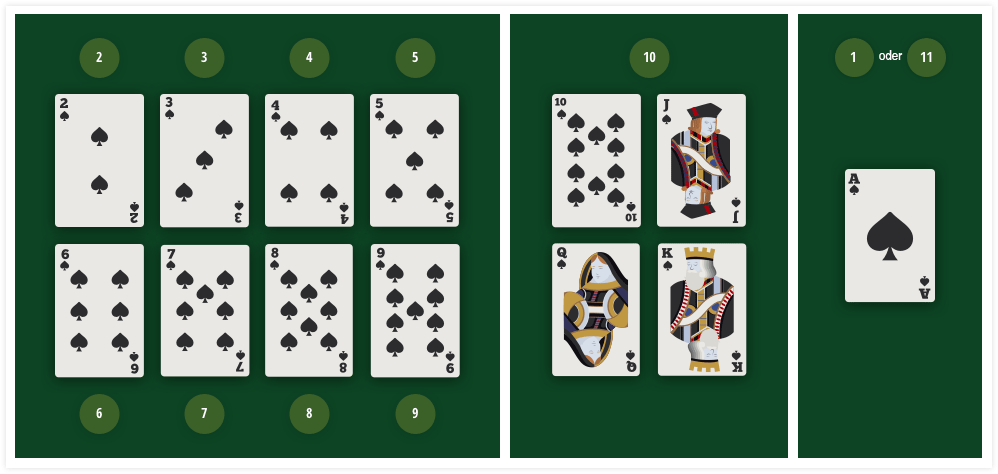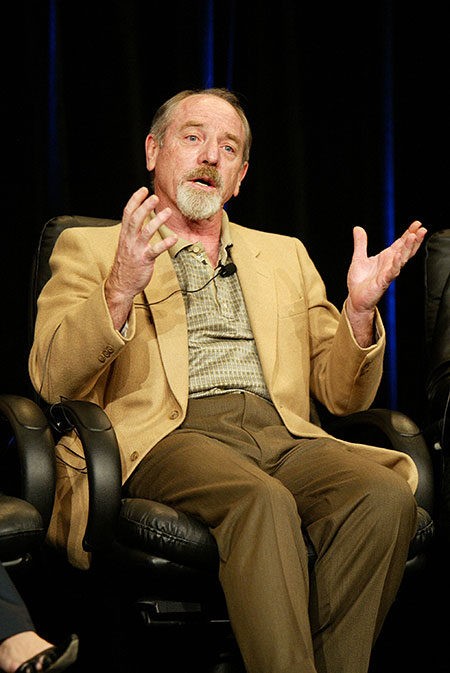Geschichte Black Jack

| Born | 1871 Vancouver, British Columbia, Canada |
|---|---|
| Disappeared | 1932 |
| Cause of death | possibly suicide |
| Other names | Blacky |
| Citizenship | Canadian, American |
| Occupation | Author |
| Known for | Burglary, You Can't Win |
Oct 31, 2001 Vandiver, Frank E. Black Jack: The Life and Times of John J. Texas A&M University Press, 1977. ISBN 0-89096-024-0 (pp. No, mRNA COVID-19 Vaccines Do Not. Jack Black was born on August 28, 1969, in Santa Monica, California. His breakthrough role came in 2000's High Fidelity, and he starred opposite Gwyneth Paltrow in 2001's Shallow Hal, before.
Jack Black (1871–1932) was a hobo and professional burglar. Born in 1871 in New Westminster, British Columbia,[1] he was raised from infancy in the U.S. state of Missouri. He wrote You Can't Win (Macmillan, 1926), a memoir or sketched autobiography describing his days on the road and life as an outlaw. Black's book was written as an anti-crime book urging criminals to go straight, but it is also his statement of belief in the futility of prisons and the criminal justice system, hence the title of the book. Jack Black was writing from experience, having spent thirty years (fifteen of which were spent in various prisons) as a traveling criminal and offers tales of being a cross-country stick-up man, home burglar, petty thief, and opium fiend. He gained fame through association with William S. Burroughs.
Weigh the odds and place your bets - it's 21 or bust! Count on a fun online game of Blackjack. Play for free online! Black Jack Brigade, nickname of the U.S. 2nd Brigade Combat Team, 1st Cavalry Division Tupolev Tu-160 (NATO reporting name: Blackjack), a Russian bomber VMF-441, nicknamed The Blackjacks, a United States Marine Corps fighter squadron.
Life[edit]
Jack Black is an essentially anonymous figure; even his actual name is uncertain. Some 1904 news articles name him as Jack Black, alias Tom Callahan,[2][3] while a 1912 newspaper article names him Thomas Callaghan, alias Jack Black,[4] and another gives his alias as Harry Klein.[5] One of his nicknames among criminals was Blacky.[citation needed]
After his last spell in prison, Black became friends with wealthy patron Fremont Older and worked for Older's newspaper The San Francisco Call. He worked on his autobiography with Rose Wilder Lane and eventually composed essays and lectured throughout the country on prison reform. He was also rumored to have received a stipend of $150 a week to draft a screenplay titled Salt Chunk Mary with co-author Bessie Beatty, based around the infamous vagabond ally and fence of the same name in You Can't Win. The play flopped, although he was able to attain some amount of popularity, which subsided quickly.
Geschichte Black Jack White
His philosophy on life was especially influential to William S. Burroughs,[6] Burroughs associated with similar characters in his early adulthood and mirrored the style of You Can't Win with his first published book, Junkie.
Disappearance[edit]
He is believed to have committed suicide in 1932 by drowning, as he reportedly told his friends that if life got too grim, he would row out into New York Harbor and, with weights tied to his feet, drop overboard.[7] In You Can't Win Black describes this state of mind as being 'ready for the river'.[8]

Quoted excerpts about Black and his memoir[edit]
You Can't Win is (...) an autobiography of a reformed criminal. It points a sufficiently obvious moral, yet one that too many at the present day are prone to forget. A deeper question is also raised, and that is regarding the validity of the practical aims and ideals of the majority of people in our modern world.
Jamboree author Black is a graduate of five penitentiaries, was pried loose from a 25-year prison term and helped to overcome his addiction to narcotics by mustachioed Editor Fremont Older of the San Francisco Call-Bulletin. This play is a dramatization of Black's book You Can't Win. 'Every character in this play is drawn from the personal experiences of Jack Black during his years as a criminal or as a prisoner. The types are real and these people actually lived.

Jack had been a sort of a reign of terror...just before the earthquake and fire of 1906. Every crime committed in San Francisco during the first three months of that year was ascribed to Jack Black.
He returned to New York and Fremont thought Jack did what he always said any down-and-outer should do, 'fill his pockets with rocks and take a header into the bay.'
Bibliography[edit]
- Black, Jack. You Can't Win. New York: Macmillan Company, 1926. Foreword by Robert Herrick. OCLC238829961
- _____. You Can't Win: the Autobiography of Jack Black. New York: Amok Press, 1988. Foreword by William S. Burroughs. ISBN0-941693-07-4OCLC153562506
- _____. Du kommst nicht durch. Berlin : Kramer, 1998. ISBN3-87956-240-7OCLC75910135
- _____. You Can't Win. 2nd edition. Edinburgh: AK Press/Nabat books, 2000. ISBN1-902593-02-2OCLC44737608
- _____. You Can't Win. [S.l.] : BN Publishing, 2007. ISBN956-291-509-3OCLC187421471
Blackjack Geschichte
See also[edit]

References[edit]
- ^Black, Jack (2000). You can't win. Edinburgh: AK Press/Nabat. pp. 183. ISBN978-1-902593-02-9. OCLC44737608.
- ^'Believe they hold footpad'. The San Francisco Call. 18 April 1904. Retrieved 2019-01-01.
- ^'Take footpad after battle'. The San Francisco Call. 1904-04-16. ISSN1941-0719. Retrieved 2019-01-01.
- ^'Two desperate criminals give Finn the laugh'. The San Francisco Call. 5 January 1912.
- ^'New Canadian treaty fails to save Black'. The San Francisco Call. November 15, 1912. Retrieved 2019-01-01.
- ^who wrote in the foreword to a later edition of You Can't Win, 'I first read You Can’t Win in 1926, in an edition bound in red cardboard. Stultified and confined by middle-class St. Louis mores, I was fascinated by this glimpse of an underworld of seedy rooming-houses, pool parlors, cat-houses and opium dens.'
- ^Ruhland, Bruno. Afterword. You Can't Win, by Jack Black. AK Press/Nabat, 2000. 272. ISBN1-902593-02-2.
- ^Black 1926, pp. 49, 50, 153.
Cited sources[edit]
- Black, Jack (1926), You Can't Win, New York, New York, USA: Macmillan Company, LCCN26017437, OCLC238829961.
Further reading[edit]

Geschichte Blackjack Card Game
- 'Out of prison', San Francisco Bulletin, February/March 1917.
- 'The big break at Folsom', San Francisco Bulletin, January 1917.
- Black, Jack 'What's wrong with the right people?', Harper's Monthly Magazine, June 1929.
- Black, Jack 'A burglar looks at laws and codes', Harper's Monthly Magazine, February 1930.
- 'Jack Black's Tales of Jail Birds', New York World, December 21, 1930.
- Jamboree, with Jack Black and Bessie Beatty; Elizabeth Miele, producer, 1932.